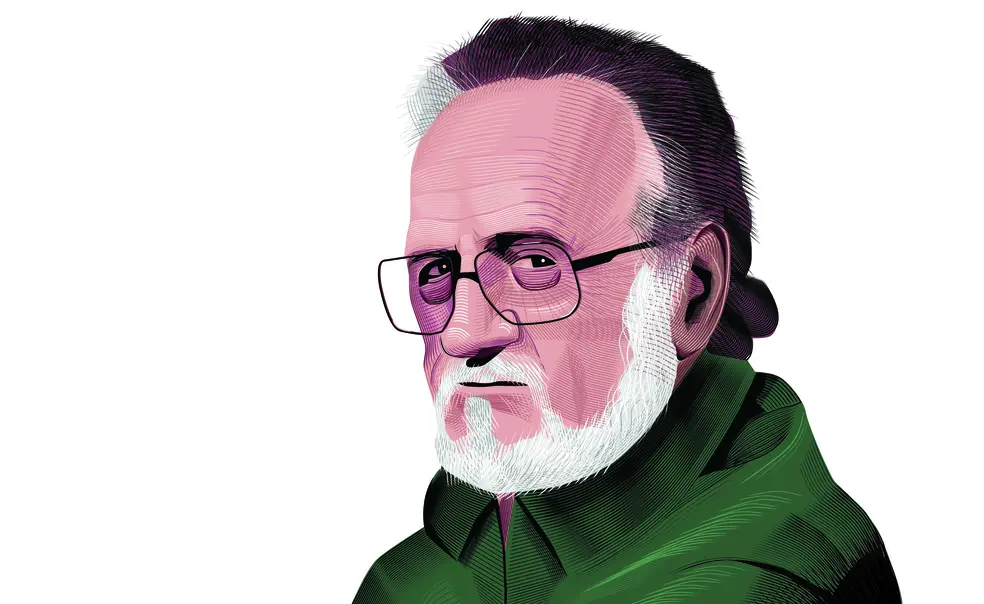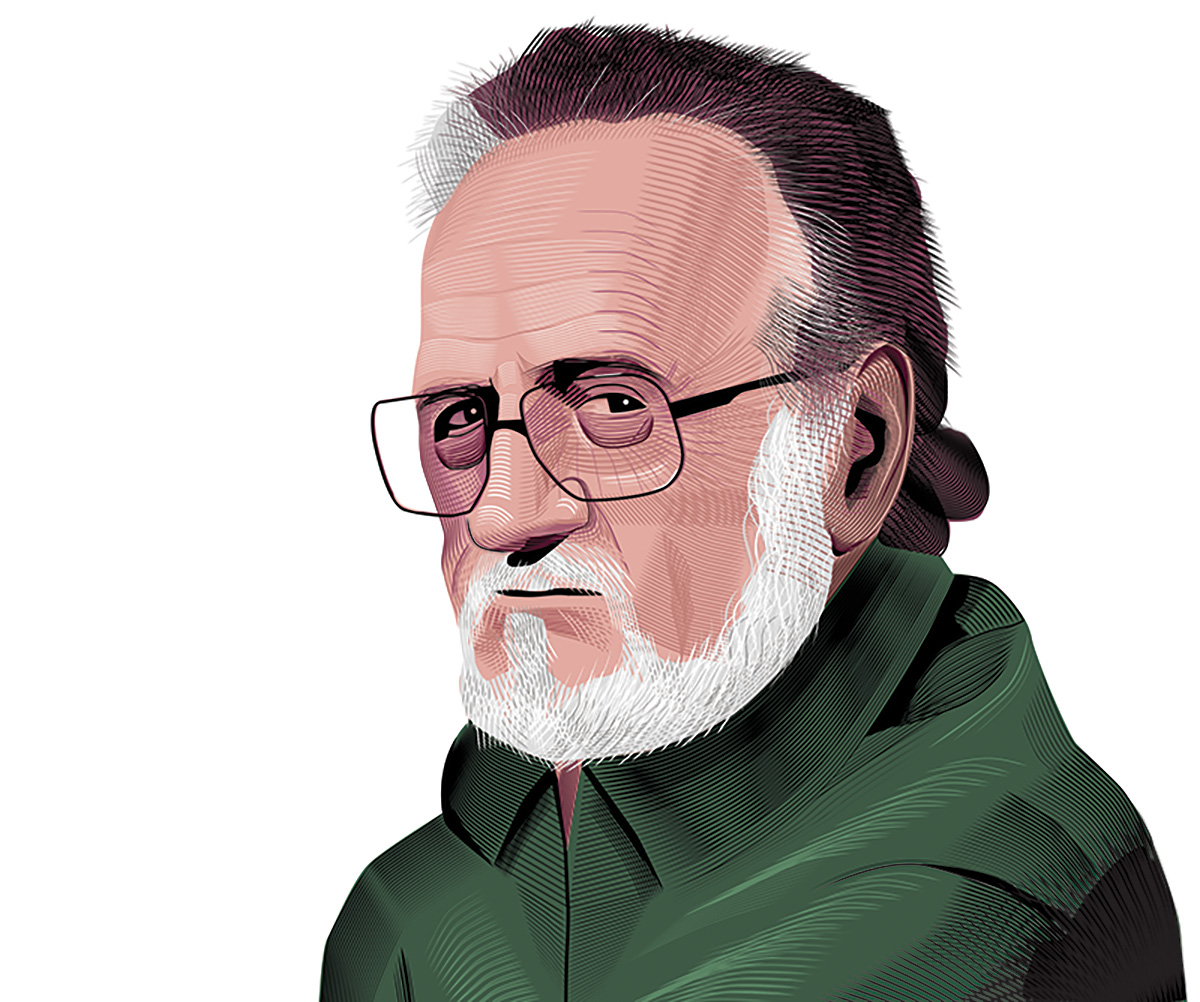Aside from a few historically resilient undergraduate publications such as the Nassau Literary Review and the Nassau Weekly, many other literary efforts have come and gone at Princeton. One such short-lived initiative was MSS, an alternative literary journal operating for a few years in the early 1950s. MSS served as the unlikely launchpad for the first literary works of influential Chilean author José Donoso ’51, a figure of the Latin American Boom, a literary movement of the 1960s and ’70s, alongside such writers as Carlos Fuentes, Julio Cortázar, and Gabriel García Márquez.
Born in 1924 to a privileged family in Santiago, Donoso grew up surrounded by servants and tutors. As The New Yorker put it in 1996, Donoso “was born in the Chilean bourgeoisie, and set his stories in their eroding households.” According to The New York Times, he went out of his rarified world to hang about with sailors in Buenos Aires, Argentina, and herd sheep in Patagonia. At the same time, he reportedly mastered French through his reading of Marcel Proust. In 1949, after three years at the Pedagogical Institute of Santiago (today the Metropolitan University of Educational Sciences), he received a scholarship to Princeton and transferred.
Donoso brought his life of extravagance to Princeton. In a memoir of his college days, diplomat Robert Keeley ’51 *71 recounted finding Donoso, his neighbor in Edwards Hall, leaving a pile of dirty collared shirts stacked in a corner of his dorm. When Keeley asked about the shirts, Donoso explained that after a shirt became too foul to wear, he bought a new one at the U-Store. Apparently, Keeley taught Donoso the virtues of laundry services, and the U-Store lost a reliable customer.
It was in his beginnings, writing stories in Edwards Hall, that Donoso found his sense of literary arrival.
But Donoso proved to be a financial asset for MSS, a journal whose core group featured Keeley, future Newsweek reporter Walter Clemons Jr. ’51, and Hellenic studies benefactor Stanley Seeger ’52 *56.
Donoso was one of the journal’s most talented fundraisers, selling 200 subscriptions through strong-arm tactics. Keeley recalled, “He would invite himself into the room, take any vacant seat, and give the impression that he couldn’t be made to leave until someone in residence had bought him off.” Once Donoso graduated, the journal folded after two issues, lacking in Donoso’s salesmanship.
Donoso’s first published short stories came out in MSS. “The Blue Woman” concerned a woman’s self-doubt following her rhinoplasty; “The Poisoned Pastries” drew upon his childhood in Santiago. Both were written in English, Donoso’s field of study at Princeton. For the vast output that followed, Donoso wrote in his native Spanish.
Donoso was a reporter for five years in Santiago, and he wrote several books before he completed his masterpiece The Obscene Bird of Night (1970), a magic realist tale about the life of the last, mutated member of an aristocratic family. For Donoso, the abstract and complex Obscene Bird of Night was a turning point after which most of his work became more straightforward, but not without heady themes. In A House in the Country (1978), Donoso considered the political decline of Chile through the metaphor of an elite estate similar to the household in which he was raised.
While declining to call himself an exile, Donoso opposed the Pinochet regime and lived for many years outside of the country, in such places as Mexico, Spain, and the United States, only returning to Chile in 1981, and dying there in 1996. He taught creative writing at Princeton and the University of Iowa, and in 1990 received his country’s National Prize for Literature. During the course of his career, he published more than 20 books.
But it was in his beginnings, writing stories in Edwards Hall, that Donoso found his sense of literary arrival. Regarding his Princeton experience, Donoso said in a 1986 interview that “I was most impressed with the sensation that ‘This was the real thing,’ and that I was part of it.”













No responses yet